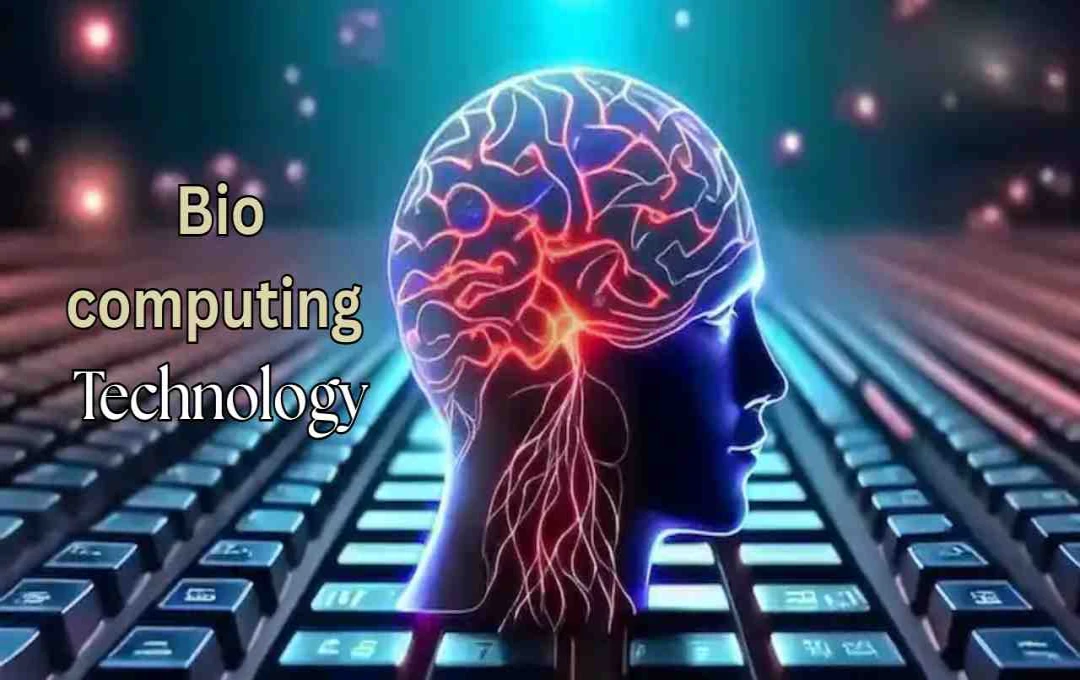Scientists have conducted a new experiment in bio-computing, connecting mini-brain organoids developed from human stem cells to computers. Through this technology, living computers capable of learning like AI are being created. In initial experiments, these organoids can operate with low energy and could change the world of computing in the future.
Bio-computing Technology: Scientists at Switzerland's FinalSpark lab have developed mini-brain organoids from human stem cells and connected them to computers, enabling them to learn like AI. This experiment is currently in its initial stages, aiming to create energy-efficient living computers. Dr. Fred Jordan and his team state that this technology could redefine data centers and AI systems. Organoids can respond to electrical stimulation and will pave the way for new experiments in neuroscience and computing.
Running Computers with Brains is Now a Reality
Scientists have taken a major step forward in the field of bio-computing (Biocomputing). The team at Switzerland's FinalSpark lab is developing mini-brain organoids from human stem cells, which are then connected to computers via electrodes. The goal of this technology is to create machines that can learn like AI but operate with less energy compared to traditional computers.
Dr. Fred Jordan and his team explain that this is an initial experiment, but it could completely redefine data centers and AI systems in the future.

Wetware Technology and Mini-Brains
In this process, known as Wetware, neurons are created from human skin stem cells. These neurons are grown into organoids and then connected to electrodes so they can function like mini-computers. Dr. Flora Brozzi explains that these small neuron clusters are fully alive and can respond to standard computer commands.
Electrical stimulation is used on the organoids to observe if they can develop the ability to learn and react. According to Dr. Jordan, these neurons are being trained to recognize a picture of a cat.
Scientific Challenges and the Future
While this technology is exciting, it also presents challenges. According to Professor Simon Schulz, the human brain receives nutrition through blood vessels, but organoids lack this system. Currently, FinalSpark's mini-brains can survive for up to four months, and a sudden surge of electrical activity is observed just before they die.
Scientists hope that this technology will pave the way for new experiments in the fields of AI and neuroscience in the future.















